.
.
I don’t often share press releases, but news of a previously unreleased set of studio performances recorded in Holland in 1979 by legendary trumpeter Chet Baker is worthy of attention.
The tributes of Chet within the release from trumpeters Randy Brecker and Enrico Rava – both heavily influenced by him – are informative and lovely and reason enough to read this press release. Brecker said that Chet “got to the heart of the instrument like nobody else,” while Rava says the trumpeter’s recordings with Gerry Mulligan were “my introduction to modern jazz. It was so beautiful, but also easy to understand. For a European, it had the logic of a Bach fugue with the soul of jazz….Chet created pure beauty.”
This entire release – including the photography – was supplied by the offices of Ann Braithwaite / Braithwaite & Katz Communications.
-Joe
.
.
___
.
.
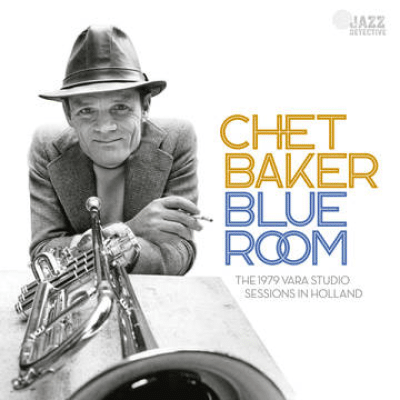
.
ARCHIVAL LABEL JAZZ DETECTIVE TO ISSUE BLUE ROOM, AN UNRELEASED TREASURE BY TRUMPETER CHET BAKER, AS A LIMITED TWO-LP SET ON RECORD STORE DAY, APRIL 22
.
Jazz Detective, the label founded in 2022 by GRAMMY-nominated archival producer Zev Feldman, will release Blue Room: The 1979 VARA Studio Sessions in Holland, a superlative, previously unreleased set of studio performances recorded in Holland by legendary trumpeter Chet Baker, as a limited two-LP set on Record Store Day April 22. The package will be issued as a two-CD set and digital download on April 28.
The collection — co-produced by Feldman and Frank Jochemsen and released in partnership with Elemental Music — comprises a pair of brilliantly played dates cut for Dutch radio KRO-NCRV in Hilversum, the Netherlands, by producers Edwin Rutten and the late Lex Lammen in 1979: an April 10 session with pianist Phil Markowitz, bassist Jean-Louis Rassinfosse, and drummer Charles Rice, and a November 9 session with pianist Frans Elsen, bassist Victor Kaihatu, and drummer Eric Ineke. Both occasions found Baker playing (and, on three tracks, singing) in exceptional form.
Blue Room’s extensive booklet includes an overview by Dutch journalist Jeroen de Valk; essays by Feldman, Jochemsen and Rutten; interviews with sidemen Markowitz, Rassinfosse, and Ineke; and tributes from trumpeters Randy Brecker and Enrico Rava and pianist Enrico Pieranunzi. The collection is illustrated with photos by Veryl Oakland, Jean-Pierre Leloir, Christian Rose and others. The package was mastered for vinyl by the great engineer Bernie Grundman and Dutch engineer Marc Broer.
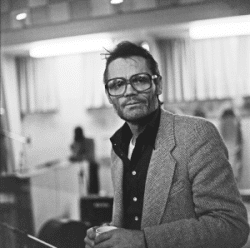
Chet Baker at VARA Studio 2 on April 10, 1979 – Courtesy of the
Netherlands Institute of Sound and Image (NIBG)
The album succeeds Jazz Detective’s inaugural offerings, two volumes of widely-praised live performances by pianist Ahmad Jamal, issued as Emerald City Nights on Record Store Day’s Black Friday last year. Feldman — who produced the Chet Baker Trio’s Live in Paris for Elemental Music last year for label partners/executive producers Jordi Soley and Carlos Agustin Calembert — previously joined with Jochemsen to explore the Dutch archives for Bill Evans’ Behind the Dikes (Elemental Music, 2021) and Another Time: The Hilversum Concert (Resonance Records, 2017) and Sonny Rollins’ Rollins in Holland (Resonance Records, 2020).
Feldman says of the present package, “It was thrilling to find these two sessions where we can hear Chet in fantastic form with a great cast of supporting musicians. It represents a welcome addition to Chet’s discography, as he spent much of his time in Europe; a delightful find that we all felt strongly deserved a chance to see the light of day.”
Jochemsen — who unearthed the ’79 sessions on a tip from radio producer Lex Lammen, who supplied the researcher with detailed notes before his death in 2018 — says, “These two sessions by Chet Baker were both recorded in 1979 in brilliant stereo for the radio program ‘Nine O’Clock Jazz.’ As if this wasn’t enough, the music was recorded in the fantastic VARA studio 2 by the brilliant technician Jim Rip and, moreover, all of this music is of high artistic quality and has never been released before!”
Rutten, who offers a track-by-track look at both ’79 recording sessions, recalls fondly, “The beauty of being a jazz producer is that you can give yourself birthday presents even when it’s not your birthday. Gifts in the form of the best jazz from the Netherlands and from way beyond….The first tones [of Baker’s version of “Nardis”] started unwrapping my birthday present.”
Baker’s sidemen Markowitz, Rassinfosse, and Ineke reflect on the sometimes challenging task of supporting the notoriously eccentric Baker, but all walked away from the experience impressed by the high level of his performances.
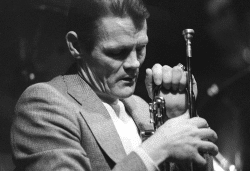
© Tom Copi
“It was an incredible honor to play with him,” says Markowitz, who supplied masterful support and solos. “I’m grateful for the lessons I learned with him back then…This recording is really great. Chet Baker’s fans are going to be absolutely thrilled because he sounds unbelievable on this recording.”
His session partner Rassinfosse, who worked behind Baker from 1976 to 1985, adds, “Chet’s playing is amazing on these tapes. He was in very good shape. He had good chops on these recordings….Being able to record with Chet Baker was an honor. I learned half of what I know in music through Chet Baker.”
Both Brecker and Rava offer thoughts on the deep influence Baker’s playing had on their own styles with his acute melodic sense and economy of expression. Brecker, who studied Baker’s recording of “My Funny Valentine” when he was learning to play, says, “Boy, he got to the heart of the instrument like nobody else. You hear him and you want to take everything from his playing, his whole conception, his sound, his melodic content. He was really an improviser. He played off the melody and he played what he heard. To this day, I try to use all those elements. I try to keep him and five or six other trumpet players in the back of my mind when I play. I especially try to concentrate on playing less, rather than more. I am constantly using his example to try to get to the core of the matter, get to the essence.”
Rava says the trumpeter’s recordings with Gerry Mulligan were “my introduction to modern jazz. It was so beautiful, but also easy to understand. For a European, it had the logic of a Bach fugue with the soul of jazz….Chet created pure beauty. Doing what he did, everyone loved him. There was no way you could escape it. He was totally committed. He played music as if it was his last night in this world. Every note he played was essential. He taught everybody not to play too many notes; to play only the necessary notes.”
Rava’s countryman Pieranunzi, who backed the musician on his Italian dates of 1979, says, “When I met Chet, everything turned upside down. I saw I had to cut to the essentials because Chet’s phrasing was so essential, so amazingly lyrical, musical, smart, logical. I began to feel that something was wrong with my playing. I had to change everything. I had to really go toward what was truly essential.”
Summing up Baker’s impact in his overview, writer de Valk says, “Almost 35 years after his passing, Chet Baker continues to reach our hearts and our heads. He touches our hearts with his mellow sound and melodic approach and enters our heads with his adventurous improvisations.”
.
This entire release – including the photography – was supplied by the offices of Ann Braithwaite / Braithwaite & Katz Communications.
.
.
___
.
.
Click here to subscribe to the quarterly Jerry Jazz Musician newsletter (it’s free)
Click here to help support the ongoing publishing efforts of Jerry Jazz Musician (thank you!)
.
.
.








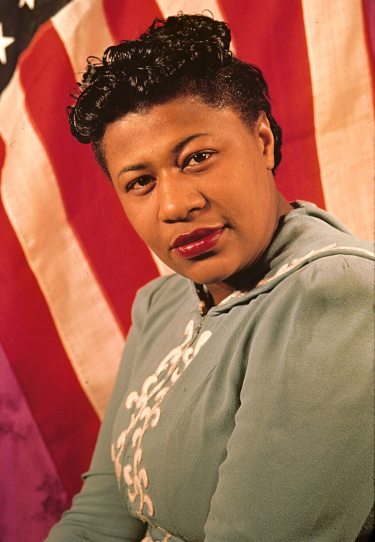







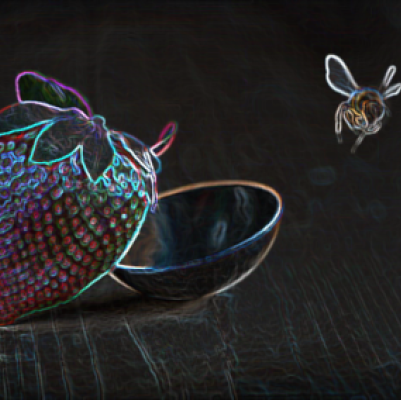






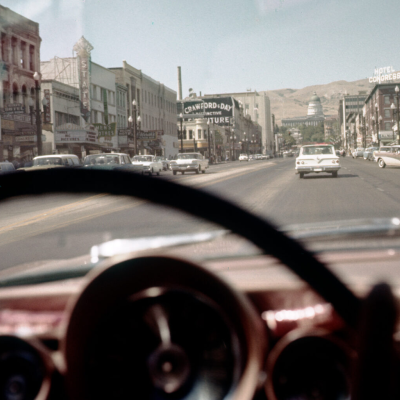















Can’t wait for this…..just like a million other Baker fans.